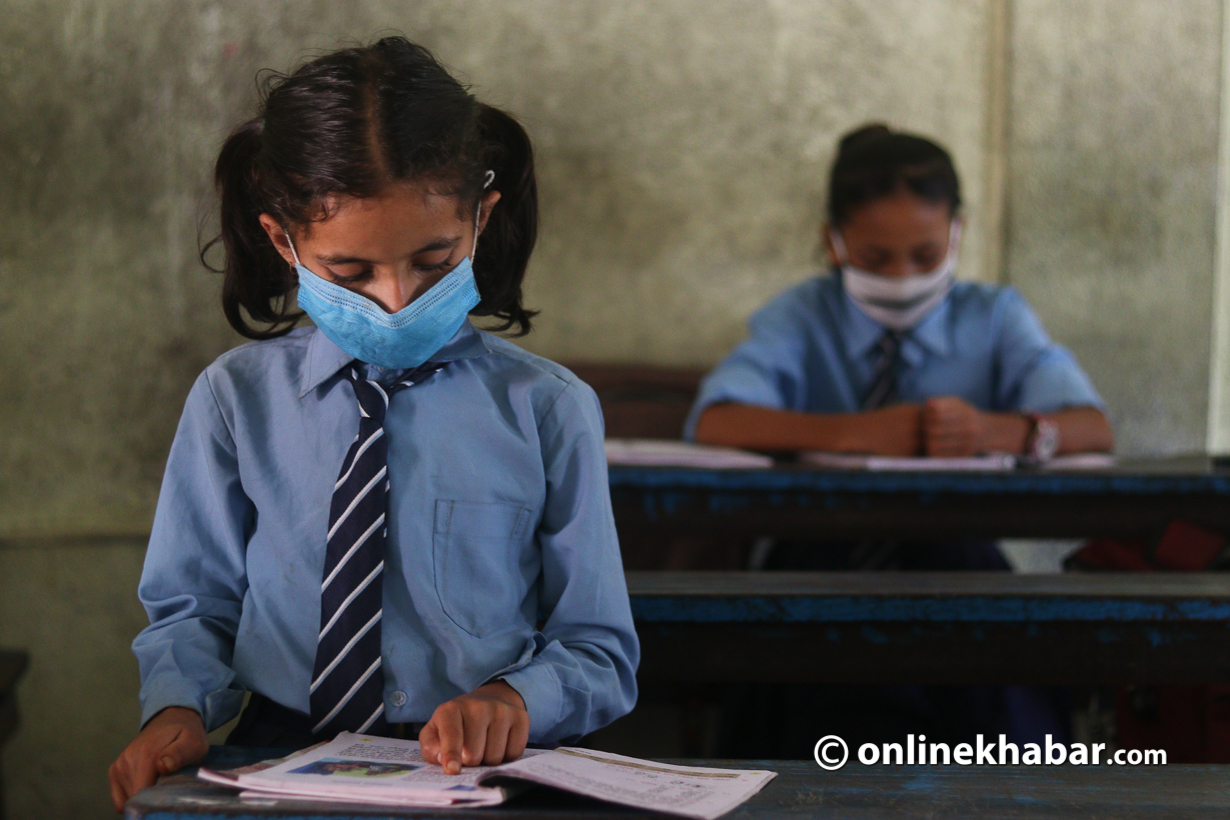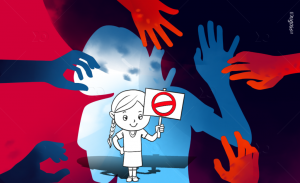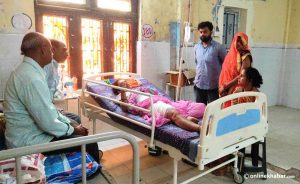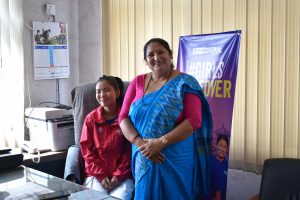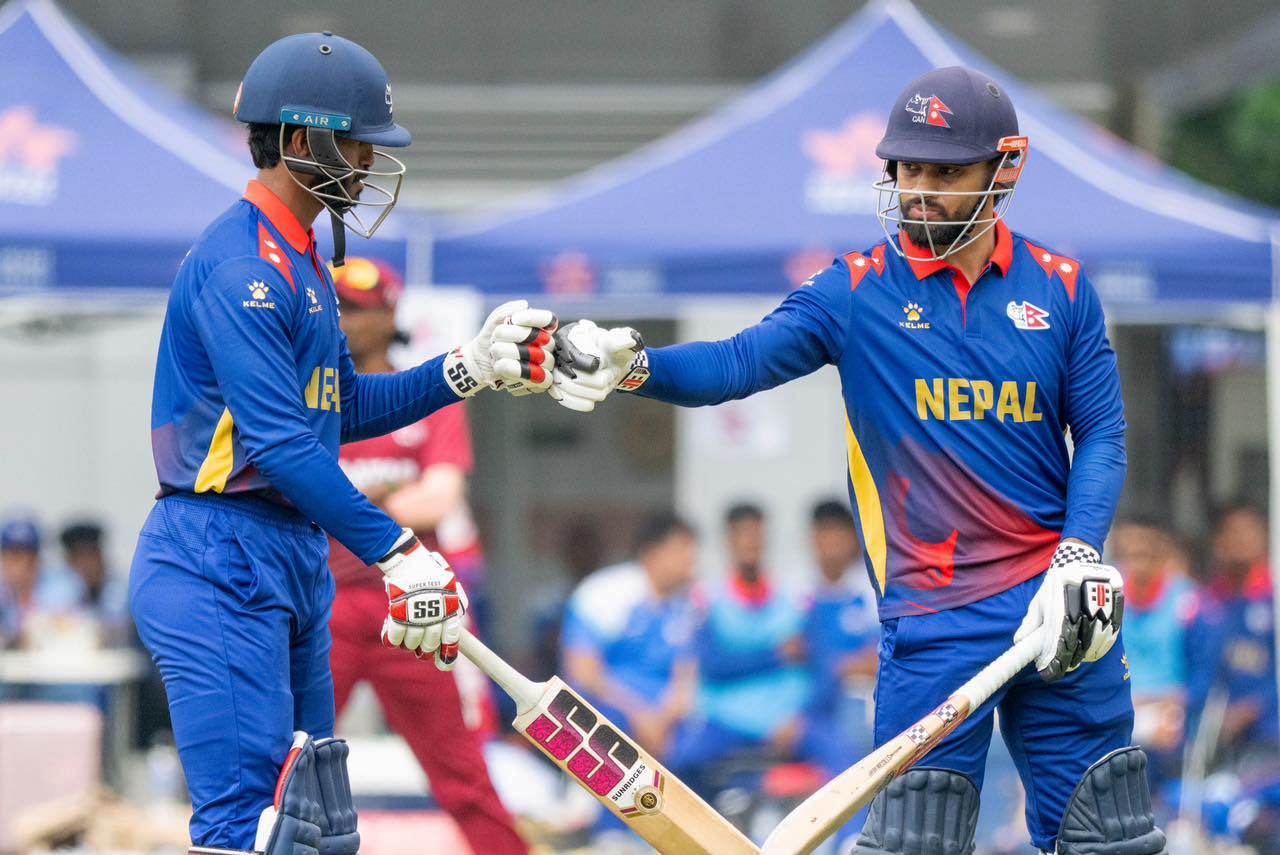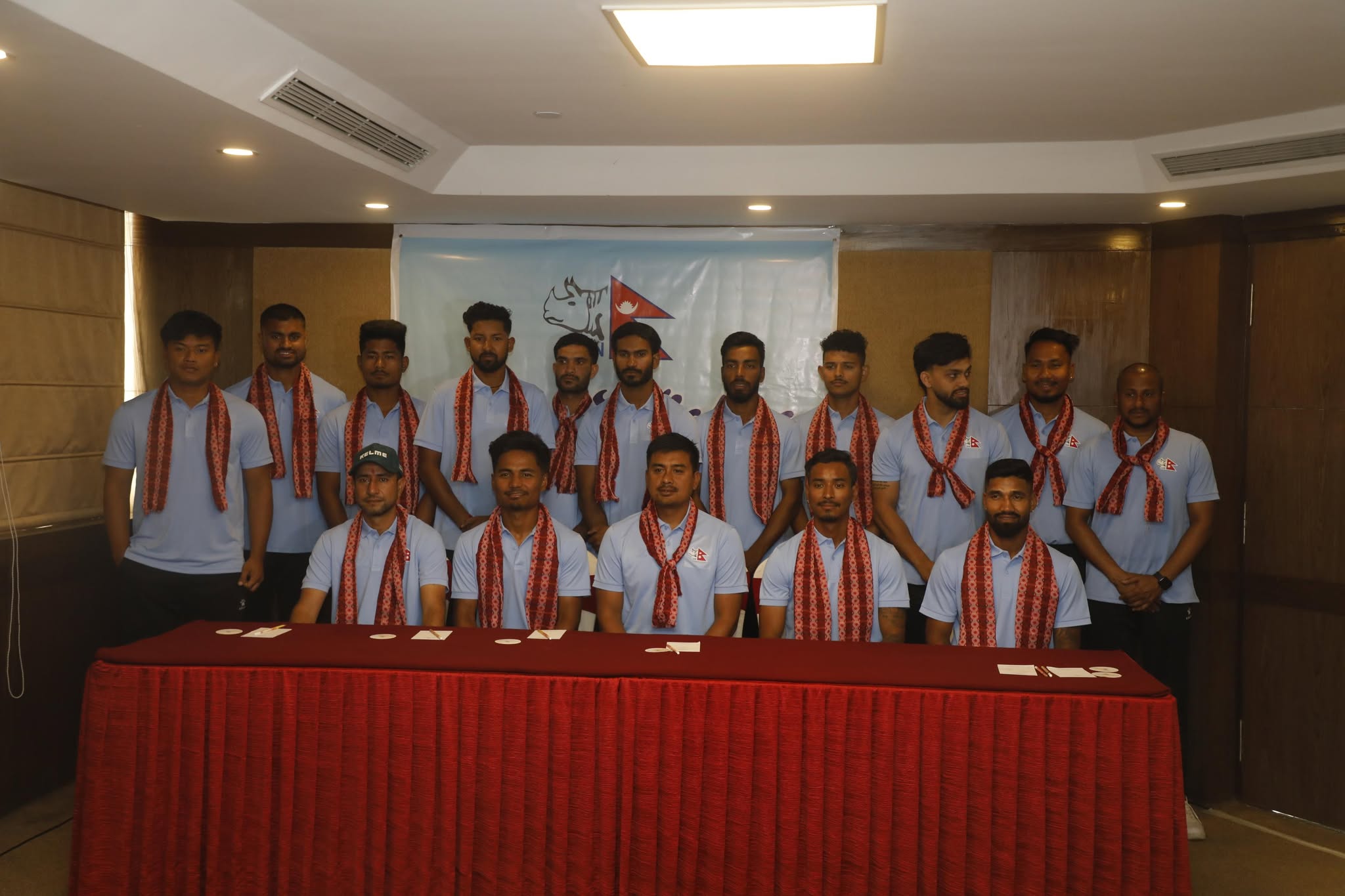Today, the entire world, including Nepal, is celebrating International Day of the Girl Child 2021 with the theme ‘Digital generation. Our generation’. Amidst this celebration, all of us now have to react to ensure girls’ access to education because there is a high probability of girls’ school dropout in Nepal, especially due to the challenges induced by the Covid-19 pandemic.
Covid-19 crisis and beyond

Nepal, like most countries in the world, temporarily closed down educational institutions in an effort to stem the spread of the Covid-19 pandemic. In fact, schools remained closed for a longer period compared to other entities, business houses, organisations, etc. So far, schools in Nepal have been completely and partially closed for 74 weeks. Even in countries with a higher incidence of Covid-19, schools have not been close for so long. Schools in Brazil closed for 69 weeks, followed by Mexico (63 weeks), the USA (62 weeks), Pakistan (60 weeks), Australia (40 weeks), Germany (38 weeks), Italy (38 weeks), US (27 weeks), and China (27 weeks).
According to UNESCO, about nine million students in Nepal were affected by the closure of educational institutions due to Covid-19. Of these, 11% were from the pre-primary level, 28% from the primary level, 39% from the secondary level and 5% from a higher level.
Since the schools have remained closed for a long period, girls are less likely to return to school after reopening. According to a flash report published by the Centre for Education and Human Resource Development under the Ministry of Education, Science and Technology, more than 200,000 (233,201) girls from lower basic (primary) level did not go to school continuously in 2019/2020, while about 100,000 girls from upper basic (lower secondary) level and about 370,000 girls from basic (secondary) level did not go to school continuously.
There is a high chance of this figure escalating. And if it happens, many girls will not have access to education. And, if that happens, the figure of early marriages, forced marriages, early pregnancies, incidents of sexual abuse, etc are likely to arise. These risks tend to be higher among the girls living in the households of Nepal where there is limited care for girls.
Need for a response

Thus, in this Covid-19 pandemic, it is necessary to ensure girls retention in learning, raise awareness about risks of violence and abuse, promote measures to keep girls safe and empower the voices of marginalised girls. These are just representatives actions of tons that are left to be done.
For this, it is necessary to formulate and implement effective education policies and plans in the Covid-19 context to meet the needs of girls and held them to retain school education. Much needs to be done to ensure the continuity of learning during school closures and to develop a detailed, timely and fact-based plan to reopen schools in a safe, gender-responsive and child-friendly manner.
The policymakers need to review the existing policies and amend them as per the need, and relevant steps need to be taken to ensure that girls have access to learning. It is necessary to radically change the education system, prioritise upliftment and create and implement gender-responsive measures or norms that can equally remove the main barriers and obstacles to girls’ education. This is not just my opinion, but a humble request to state actors, lawmakers, concerned agencies and every actor involved in the education sector.
The civic responsibility

Not only the government, but all of us have to make sure that not a single girl is being missed out on. If schools are closing, all available and possible means should be adopted to help girls continue learning. The existing gap between access to computers, laptops, learning materials, etc between boys and girls should be bridged. Besides, it is equally important to motivate the family and other members of the community to send their girls back to school.
School education is the fundamental right of every girl and an important basis for success. Research works conducted by the Global Education Coalition with the support of UNESCO suggest if girls receive primary education, early pregnancy will drop by 10% and maternal mortality will reduce. Likewise, if a girl completes secondary education, the number of infant deaths will decrease, and the opportunity for girls to earn income will increase by 20% when she becomes an adult.
Let’s join hands to ensure that all girls retain their school education, and if they are not going to school, let’s work together to send them back. Access to education is a universal right of every girl.



